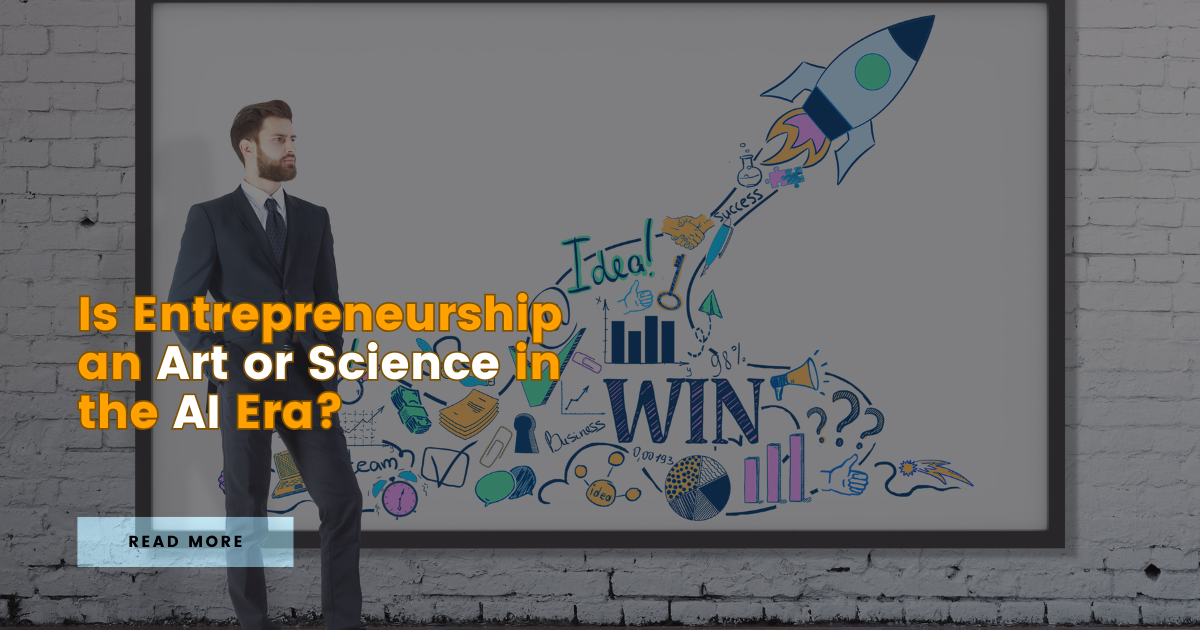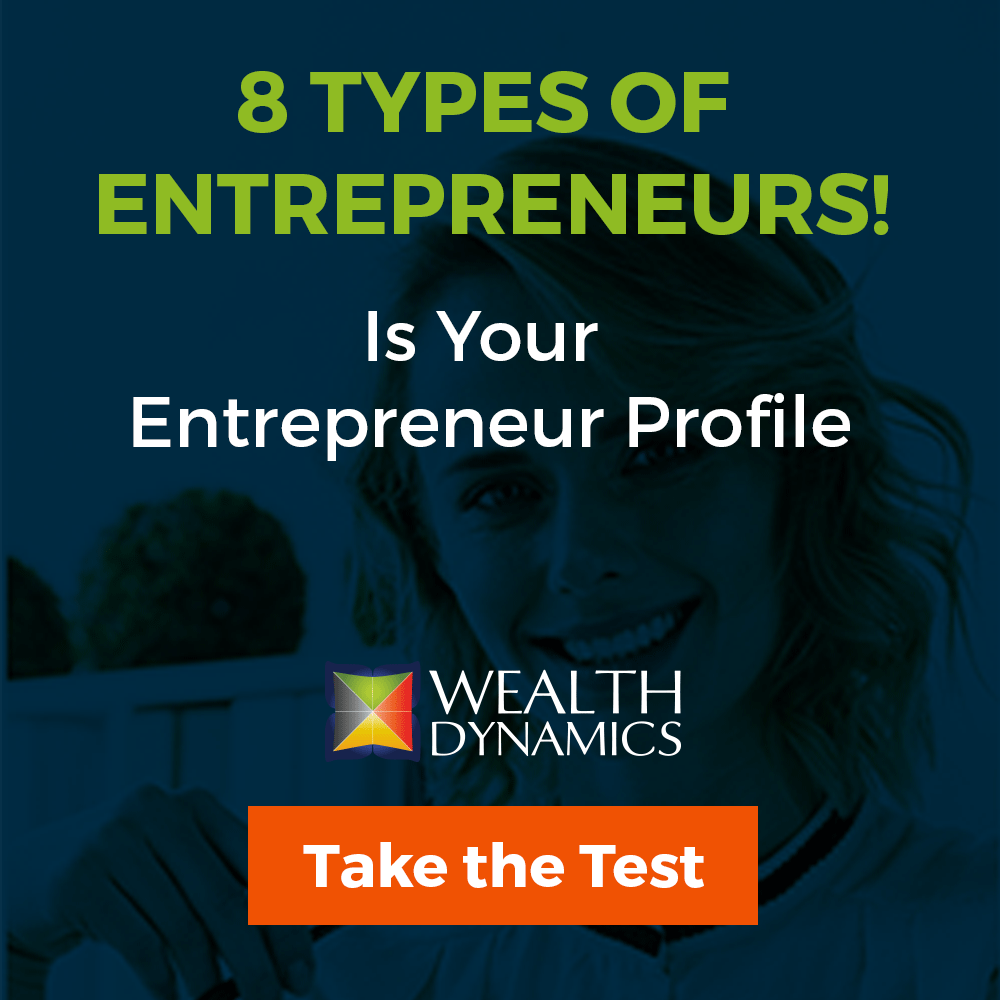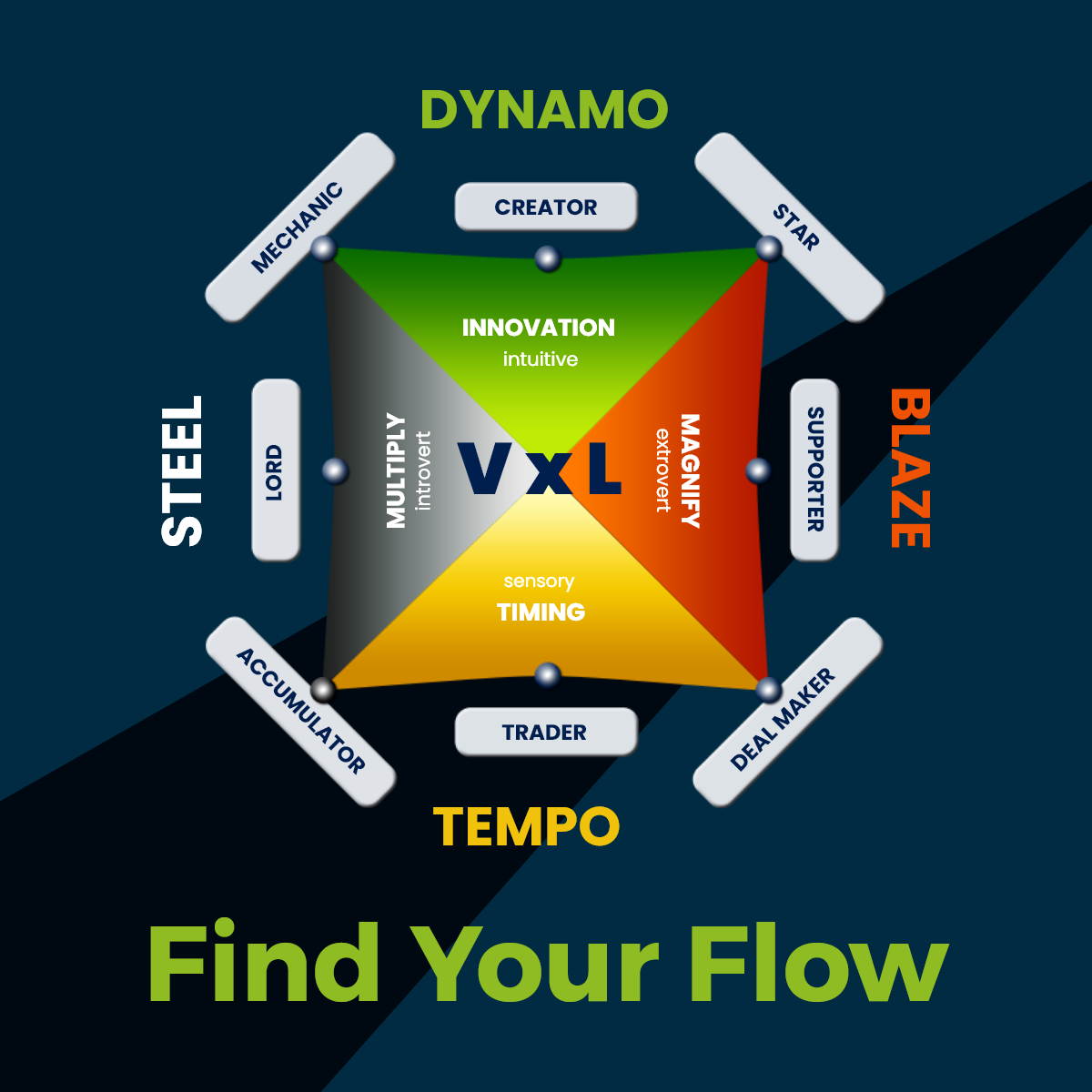
In 2025, entrepreneurship stands at a crossroads, caught between the pull of human intuition and the push of machine precision.
The rise of AI, which is reshaping everything from customer interactions to market analysis, has sparked a profound question: Is entrepreneurship an art, driven by creativity and instinct, or a science, grounded in data and algorithms?
This inquiry delves into the tension between these forces, exploring how they coexist in a world where AI tools analyze consumer behavior in seconds and online platforms amplify human connection in real time. The answer lies not in choosing a side but in understanding how both shape the entrepreneurial journey.
Consider the artistic side of entrepreneurship. It’s the spark of a new idea, born in a moment of inspiration, that sets a venture in motion. Entrepreneurs often rely on gut feelings to spot opportunities, like envisioning a product that resonates with a niche audience craving authenticity. This creative pulse thrives in storytelling, where a founder’s passion for sustainability or community weaves a brand narrative that captivates customers.
In a hyper-connected 2025, where a fleeting idea can turn into a viral movement, this artistry feels more vital than ever. It’s the ability to dream beyond numbers, to craft something uniquely human in a tech-driven world.
Yet, the scientific side of entrepreneurship is undeniable. AI tools now predict market trends, optimize pricing, and personalize customer experiences with precision no human could match. The entrepreneur who once relied on instinct alone now faces dashboards of real-time data, from Google Analytics tracking user behavior to AI algorithms forecasting demand.
This data-driven approach offers clarity, reducing guesswork in decisions like product launches or marketing strategies. It’s a structured lens, transforming chaos into patterns that guide growth.
But think of the tension between art and science as a dance rather than a battle. Entrepreneurship thrives when intuition sparks an idea and data refines it. A founder might dream up a revolutionary app, inspired by a personal passion, but lean on AI-driven insights to target the right audience. Conversely, a data-optimized campaign gains soul when infused with a story that resonates emotionally.
This balance raises deeper questions. Can AI ever replicate the spark of human creativity, or will it always be a tool for execution? Does over-reliance on data stifle the bold risks that define entrepreneurial breakthroughs? In a world where AI can predict customer preferences, the art of listening to one’s intuition—or to the unquantifiable pulse of a community—remains a uniquely human edge.
Entrepreneurship in 2025 is neither purely art nor science but a synthesis, where strengths like vision or precision shape a business that’s both innovative and grounded.
The question of art versus science invites entrepreneurs to reflect on their own approach. Ready to explore yours? Join entrepreneur, educator, and Genius Group Founder Roger Hamilton in his Genius Generation microcourse at Genius Academy. In 40 minutes, discover why 2025 is the moment to prepare, and earn GEMs that you can redeem for exclusive Genius Rewards. Learn fast, earn faster, and redefine your entrepreneurial path today.


